
|
I-R01 INTRO: Introduction to Risk Management
The course covers the main topics of industrial safety, starting with different aspects of risks and terminology used in the field. The main part of the course is dedicated to the related EU directives and their application in industry. The course outlines goals, scope and required measures / obligations considering acute (e.g. accidents-related) and chronic (e.g. pollution-related) risks. Special attention is devoted to major accident prevention and related process safety risk assessment methodologies.
|
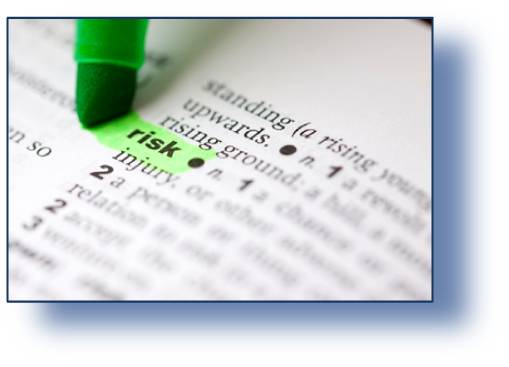
|
I-R02 PETRO: Risk Analysis in Petrochemical Industry
The petroleum industry is changing rapidly, challenging organizations and individuals to keep pace and distinguish opportunity from understanding, assessing and managing risk.
This course presents current global and regional issues of risk analysis in petrochemical industries.
Topics include risk aspects and methods for hazard identification, probability and consequences analysis, risk assessment, and health, safety and environment issues related to petrochemical industries.
|
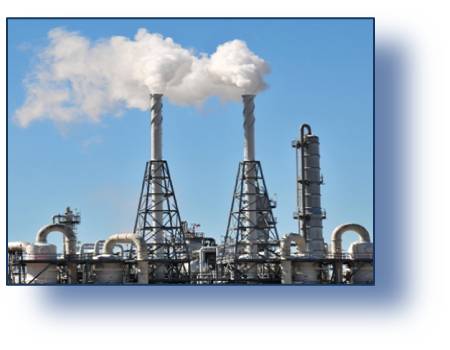
|
II-R04a RBI-PETRO: Risk Based Inspection - Petro
The course elaborates on risk issues in petrochemical industries and explains principles of risk-based inspection. It deals with existing risk-based approaches and gives links to applied codes and standards. The focus of the course is on main reference documents of American Petroleum Institute: Recommended Practice for Risk-Based Inspection (API RP 580) and Base Resource Document on RBI (API Publication 581) API 581.
|

|
II-R04b RBI-POWER: Risk Based Inspection - Power
This course offers the state-of-the art knowledge of risk-based approaches currently applied in power generation industries. It highlights different levels of risk assessment and how to model consequences, as well as how to assess likelihood using statistical and other approaches. It goes deeper in risk sources including specific damage mechanisms commonly present in power plants. As an outcome, attendees will know how to optimize the inspection and monitoring strategy aimed to reduce risks and they will be able to optimize inspection plans and use inspection results in the risk management process of a power plant.
|
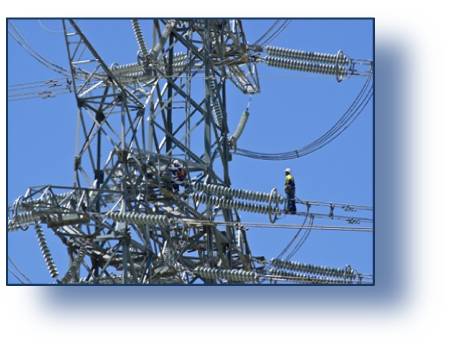
|
IIIA-R06 HSSE: Health, Safety, Security and Environment
The course gives an overview of EU regulation in the field of HSSE (Health, Safety, Security and Environment), explains the objectives and requirements, as well as the state-of-the art in the implementation including constraints and advantages. Special focus is on the Integrated Pollution Prevention and Control (IPPC) and Industrial Emission Directive (IED) and on the prevention of major accidents (Seveso).
|

|
IIIB-R08 FIRE: Fire Protection
The course starts with the theory of fire and extinguishment, and thoroughly explains fire protection principles. Further, the course gives details related to the fire protection concepts including legal background and requirements with special focus on industrial fires and risk analysis. The course introduces basic principles and application of fire modeling, explains the phenomenon of a fire and gives an overview of the fire models and their hierarchy and discusses particular models, including numerical. The theoretical part is complemented with number of examples, including calculations, that illustrate the use of different fire models.
|
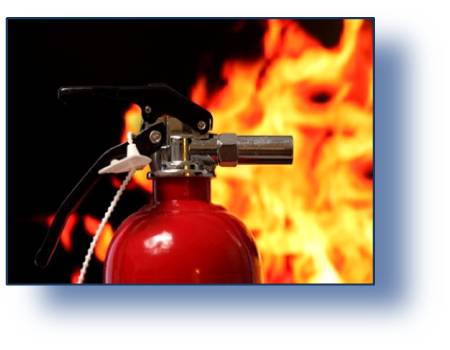
|
IVB-R16 LCA: Life Cycle Analysis and Assessment
The course gives the participants opportunity to improve the knowledge about the Life Cycle Assessment (LCA) and to gain the skills to perform simplified LCA studies and to analyze, discuss and comment international scientific articles on LCA.
The course provides a comprehensive overview of the Life Cycle Assessment (LCA), Life Cycle Costing (LCC), International Reference Life Cycle Data System (ILCD) and European Reference Life Cycle Data System (ELCD). The focus will be on practical examples of applying LCA in industry and improving the environmental performance and sustainability of products and services.
|

|
IVC-R32 ISO31000: ISO 31000 Principles and Management
The course covers the International Standard of ISO 31000:2009 highlighting the relationship between the risk management principles, framework and process as described in this International Standard. The course also highlights issues related to the applicability of the standard in industry and in general.
|

|
VC-R21 S&RA: Safety and Reliability Analysis
This course presents the basic theory for safety and reliability analysis. The starting point is definition and discussion of basic concepts related to reliability and risk analysis. Then qualitative techniques like functional analysis, FMECA and identification and evaluation of faults and hazards are introduced. The next step is to introduce familiar quantification techniques like reliability block diagrams, fault- and event tree analysis, and Markov methods. Special attention is paid to safety-critical systems (IEC 61508) where analysis of systems with common cause failures is important. The course ends with methods for estimation of failure rates and a survey of reliability data sources.
|
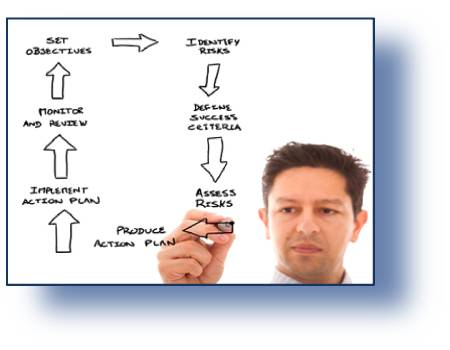
|
VC-R34 RP&C: Risk Perception and Risk Communication
This course presents theoretical backgrounds and state-of-the-art research issues on perception and communication of risk. It aims to provide a solid basis for further developments of such work tasks by including theoretical achievements in the related fields, various examples from field work, and an internal training exercise. The understanding of communication processes and the improving of information and communication techniques related to risk and hazards are central themes of the course. The course will also provide insight into selected historical aspects as well as current topics and literature.
In order to facilitate the bridge between theory and practice, a special attention will be given to two methodologies that enable the implementation of Risk Perception and Risk Communication concepts: The Delphi and the Focus Group. Beyond their description, this unit will be complemented with exercises based on experience of Focus & Delphi group work.
|
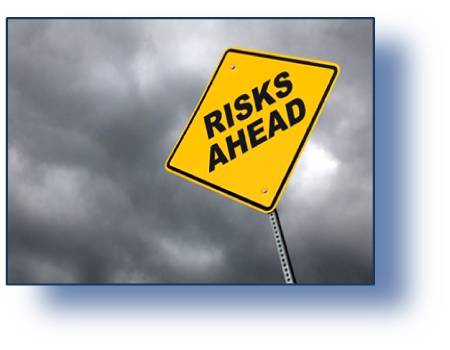
|
VD-R26 QRA&A: Quantitative Risk Assessment and Advanced Applications
The course presents an introduction to Quantitative Risk Analysis, thus illustrating the necessary steps for the calculation of risk indexes.
Practical approach to frequency calculation and consequence assessment, including vulnerability models, will be discussed. A specific focus on domino effect and accidents triggered by Natural-Technological (Na-Tech) events will be presented.
|
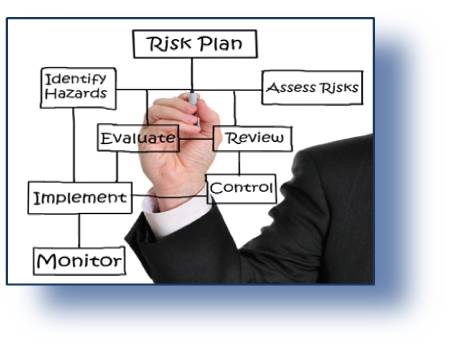
|
VD-R35 TRA: Transportation Risk Assessment
The aim of the course is the introduction to transportation risk analysis. The risk assessment of road, rail and pipeline transportation of hazardous substances will be illustrated. The approaches to frequency calculation, consequence assessment and risk assessment will be discussed. Case-studies will be analyzed to illustrate the calculation and the use of individual, societal and other advanced risk indexes.
|
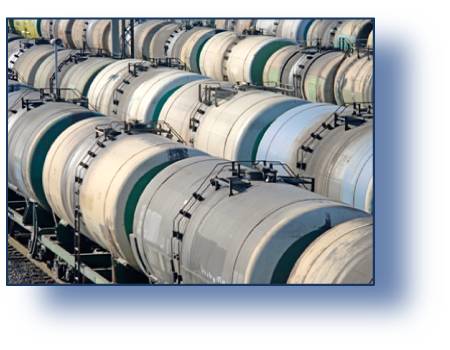
|
VE-R38 IRP: Industrial Risk Psychology
Industrial Risk Psychology is the scientific study of employees, workplaces, and organizational risks. Industrial Risk Psychology (IRP) contributes to an organization's success by improving the performance and well-being of its people and technological process. An IRP psychologist researches and identifies how risks can improve behaviors and attitudes by using risks through hiring practices, training programs, and feedback systems. IRP psychologists also help organizations' transition among periods of change and development.
|
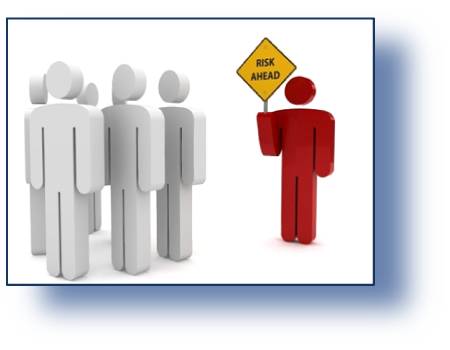
|
VF-R39 DAA: Decision Aid Approaches for Risk Management
Decision making is a process where multiple factors interact to shape the final outcome. Those factors can be technical, informational, emotional/psychological, cultural… Nevertheless, the limited rationality of economic operators makes the decision exercise more and more difficult in a more and more complex world. Safety management requires short, mid and long term decisions that may highly influence the ability of the organization to cope with its risks.
|
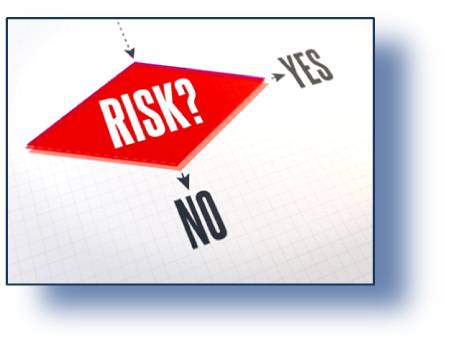
|
VF-R40 KPI: Concepts and Applications of Key Performance Indicators for New Technologies
The course addresses the issue of Key Performance Indicators (KPIs) as used in the safety and risk assessment, in particular for assessing and managing emerging risks linked to New Technologies.
Main concepts developed by organizations like OECD, API, HSE/HSL, CCPS or VCI are presented in detail. Application of these and other concepts, as well as the corresponding guidelines, are discussed in the second part of the course, where also the practical aspects of these applications, including tools and practical views from industry on the use of indicators are presented and discussed.
|
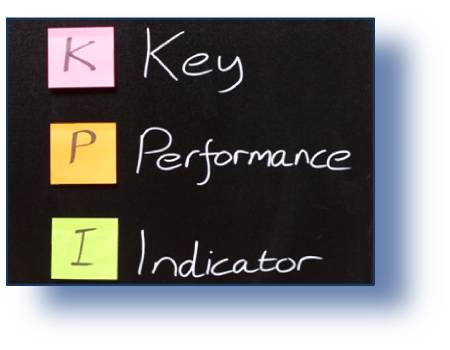
|
|
Participants will master methods of large amount of data entry of components, such as handwritten documents, information on spreadsheets, sequences of numbers, computer codes and other types of data. The goal is to learn how to minimize data entry errors and to enter data while performing other tasks.
|
VI-R42 Use of iNTeg-Risk tools
Training about the iNTeg-Risk tools developed within the scope of the project, such as the One-Stop-Shop, including RiskEars, RiskAtlas, RiskRadar, RiskTweet, RiskTicker, etc.
|
|
|